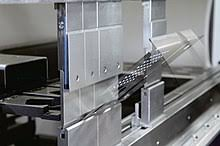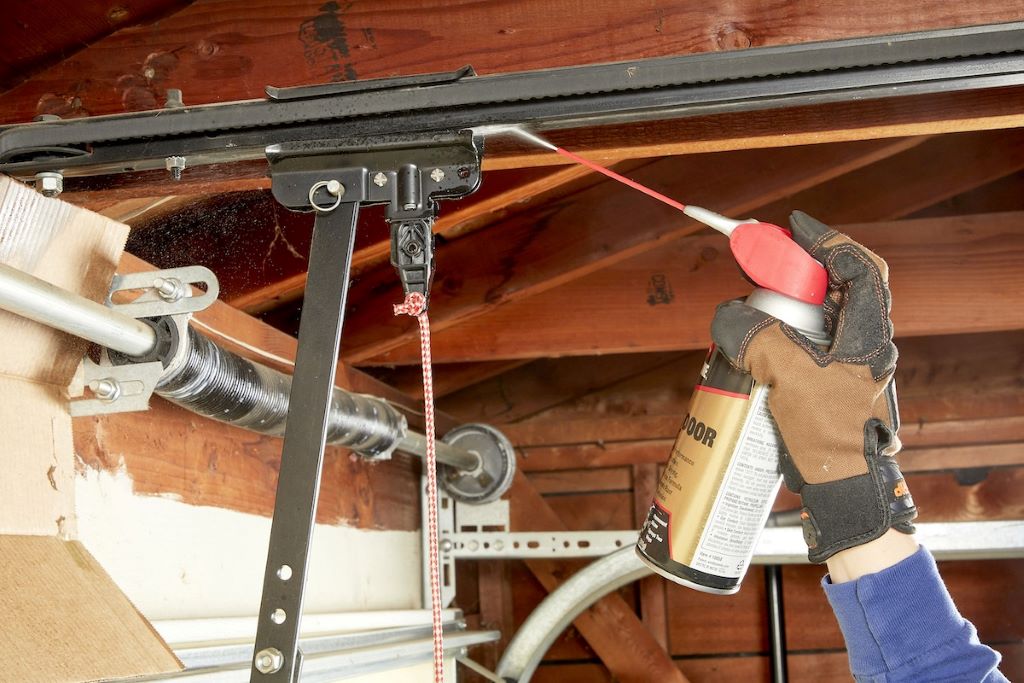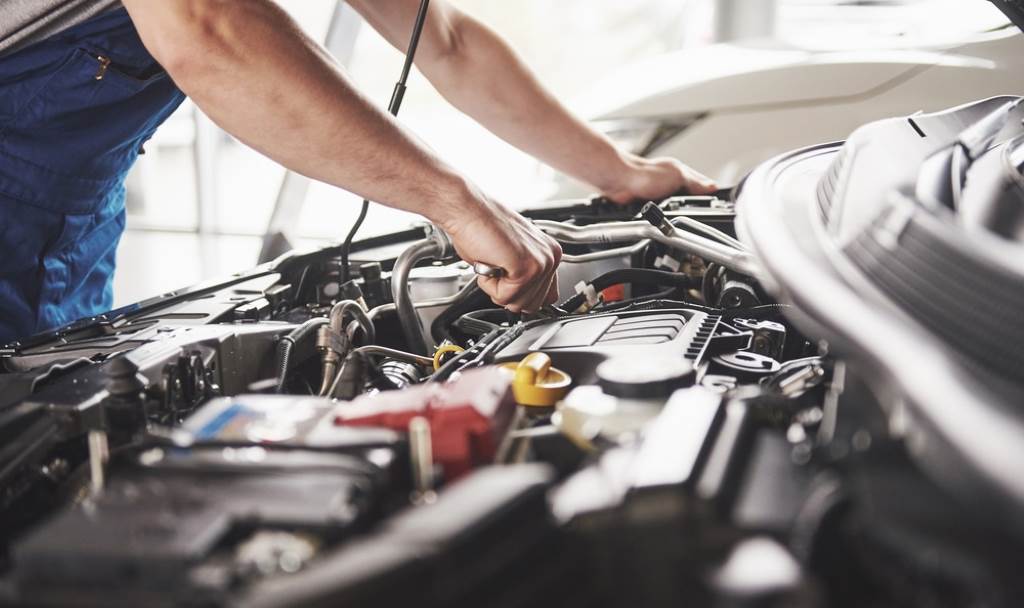Sheet metal is an essential industry material. It comes in a variety of sizes, with its thickness varying between 0.5 and 6mm. It is used in a variety of industrial processes, from automotive to architectural. Sheet metal bending is the process whereby the angle of the sheet is changed, or manipulated, usually into a V- or a U-shape.
The most popular methods of achieving this are mould bending or press brake bending. Steel, aluminium, copper, and brass are all popular sheet metal materials.
Let’s take a look at five sheet metal bending methods:
1. Press brake machining
A press brake machine uses a punch and die for a precision bend on metal sheets and plates. An effective method for simple and complex projects alike, it works well over continuous lengths and angles.

- Air bendingThis is where the bottom of the die does not come into contact with the metal sheet. This method works well for projects that require different bend angles without changing the die.
3. Hot metal bending
This involves heating the metal sheet beforehand to a temperature that makes it pliable and easier to manipulate without cracking. This is commonly used for titanium or stainless steel.

- Hydraulic CNC press brakingA more technologically advanced method of a press brake machine is a hydraulic CNC press brake. This uses computer numerical control (CNC) systems to ensure maximum precision. This method is suitable for complex projects in which the same bends can be repeated accurately.
5. Universal bending
Universal bending is a flexible option, allowing a switch between configurations and tools quickly and easily. Universal bending machines are suitable for production facilities with a diverse range of product requirements and needs.
Specialist providers of bending machines will match the most suitable and highest quality machinery to the requirements of the sheet metal and fabrication industries. They will have a range of available options depending on the production cost budget, programmability requirements, and tool availability.
Other industry-related specialist machinery options include ring rolling, copper punching, tapping, and notching machinery.




